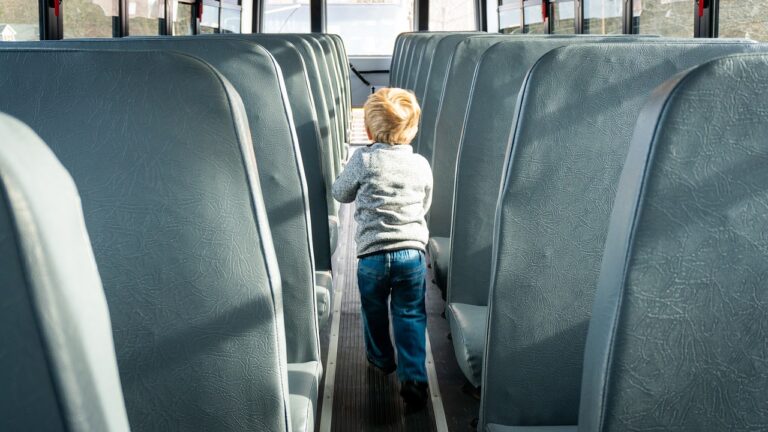Teaching Environmental Conservation in Schools
Environmental education in schools plays a crucial role in shaping the mindset of the future generation towards environmental conservation and sustainability. By integrating concepts of ecology, climate change, and conservation into the curriculum, students are provided with the knowledge and awareness needed to become environmentally conscious individuals. This education equips students with the necessary tools to understand the complexity of environmental issues and empowers them to make informed decisions in their daily lives.
Moreover, environmental education fosters a sense of responsibility and stewardship towards the environment among students. By instilling values of respect for nature and understanding the interdependence of all living organisms, schools can cultivate a generation that actively engages in protecting and preserving the environment. Through hands-on experiences, field trips, and interactive learning opportunities, students are encouraged to develop a deep connection with nature and realize the importance of sustainability for the well-being of present and future generations.
The Benefits of Incorporating Conservation Practices in Curriculum
Conservation practices play a vital role in improving environmental awareness among students. When these practices are incorporated into the curriculum, students are exposed to real-world environmental issues and are encouraged to take action to protect the planet. By learning about conservation efforts, students develop a deeper understanding of the importance of preserving natural resources and habitats.
Furthermore, integrating conservation practices into the curriculum helps students develop critical thinking skills and problem-solving abilities. Through hands-on activities and projects related to conservation, students can apply their knowledge to find innovative solutions to environmental challenges. This not only enhances their academic learning but also prepares them to become responsible and environmentally conscious citizens in the future.
Strategies for Integrating Sustainability into Lesson Plans
Incorporating sustainability into lesson plans is crucial for fostering environmental awareness and responsibility among students. One effective strategy is to integrate real-world examples of sustainability practices into various subjects, such as science, social studies, and even language arts. This interdisciplinary approach helps students connect theoretical concepts to practical applications and encourages them to think critically about the impact of their actions on the environment.
Another important strategy is to involve students in hands-on projects that promote sustainability within their school and local community. From organizing recycling programs to creating eco-friendly school gardens, these experiential learning opportunities not only teach students about environmental conservation but also empower them to become active agents of change. By immersing students in sustainable practices, educators can instill a sense of stewardship and inspire them to make positive contributions towards a more sustainable future.
Why is environmental education important in schools?
Environmental education in schools is important because it helps students understand the importance of conservation, sustainability, and the impact of human activities on the environment.
What are the benefits of incorporating conservation practices into curriculum?
By incorporating conservation practices into curriculum, students develop a sense of environmental stewardship, critical thinking skills, and a deeper understanding of how their actions can positively impact the environment.
How can teachers integrate sustainability into lesson plans?
Teachers can integrate sustainability into lesson plans by incorporating real-world examples, hands-on activities, and discussions about environmental issues. They can also collaborate with local organizations and experts to provide students with opportunities to engage in sustainability initiatives.







